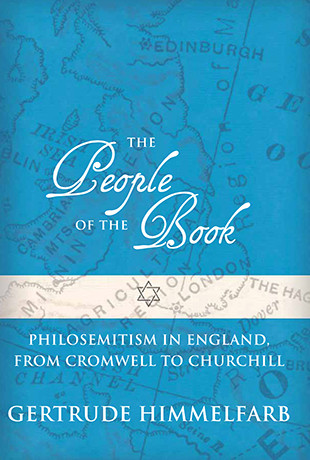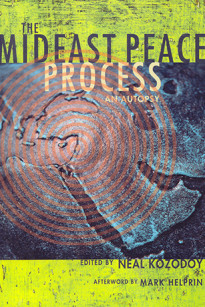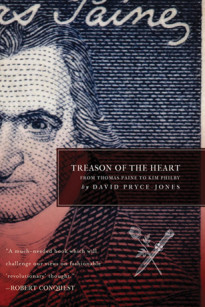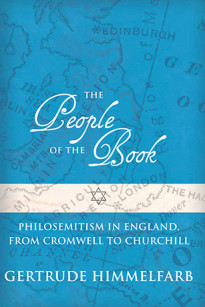The history of Judaism has for too long been dominated by the theme of antisemitism, reducing Judaism to the recurrent saga of persecution and the struggle for survival. The history of philosemitism provides a corrective to that abysmal view, a reminder of the venerable religion and people that have been an inspiration for non-Jews as well as Jews.
There is a poetic justice – or historic justice – in the fact that England, the first country to expel the Jews in medieval times, has produced the richest literature of philosemitism in modern times.
From Cromwell supporting the readmission of the Jews in the 17th century, to Macaulay arguing for the admission of Jews as Members of Parliament in the 19th century, to Churchill urging the recognition of the state of Israel in the 20th, some of England’s most eminent writers and statesmen have paid tribute to Jews and Judaism. Their speeches and writing are powerfully resonant today. As are novels by Walter Scott, Disraeli, and George Eliot, which anticipate Zionism well before the emergence of that movement and look forward to the state of Israel, not as a refuge for the persecuted, but as a “homeland” rooted in Jewish history.
A recent history of antisemitism in England regretfully observes that English philosemitism is “a past glory.” This book may recall England – and not only England – to that past glory and inspire other countries to emulate it. It may also reaffirm Jews in their own faith and aspirations.













